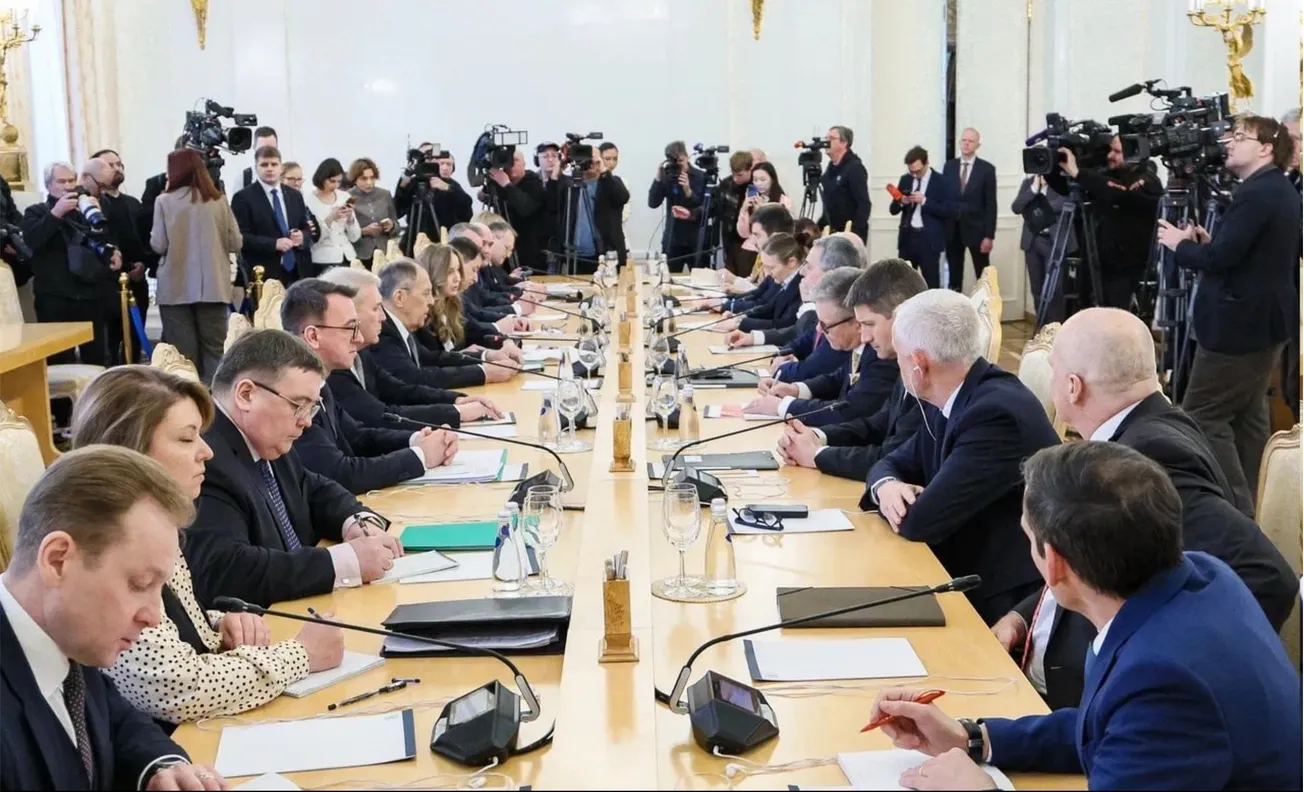“All Moral Resources of Humanity Have To Be Called Up: Mankind Must Be the Immortal Species!”
Following the dismantling of the Bretton Woods system by President Richard Nixon on August 15, 1971, Lyndon LaRouche, the late statesman and economist, warned that continuing on the path of the same such monetarist policies would inevitably lead to the danger of a new depression, new fascism, and a new world war—which this time would be thermonuclear—unless a just new world economic order was constituted.
Now, fifty years later, we are exactly at the point that LaRouche’s prescient forecast had warned against. The signs of the hyperinflationary blowout of the financial system are evident in the explosion of energy and food prices, and even leading officials, such as Raphael Bostic, president of the Federal Reserve Bank of Atlanta, have stated, as recently as October 12, that the inflation is not “temporary,” as they had once claimed. The financial oligarchy, being aware that their speculative system is finished, is trying, with one last gigantic effort, to prolong the mad casino game for yet another round, under the ruse of the “Great Reset.” The oligarchy hopes to create another last bubble by “Shifting the Trillions” into green technologies, which means turning the clock back to the development level that existed before the industrial revolution. With the level of energy flux densities mandated for a decarbonized economy, the population density would also drop precipitously to those pre-industrial levels—which is what they in fact desire.
The form is different; the content is the same: It is the fascist policy of Hjalmar Schacht. It is from that deranged point of view that those (primarily Asian) countries which are rising are dubbed “rivals,” “adversaries,” and “enemies.” And that is where the danger of a new world war arises.
Fortunately, the alternative of a just new world economic order is already developing. China’s BRI (Belt and Road Initiative) has become the rallying point for some 150 nations, all determined to follow the Chinese model of overcoming poverty and underdevelopment with the help of scientific and technological progress. This policy is very much in cohesion with the vision of Lyndon LaRouche and his movement, which he initiated in the 1970s, working out concrete development plans for Africa, Latin America, Asia, and the United States. These development plans have been put forward and published by the Schiller Institute beginning in 1991, first in the form of the Eurasian Land-Bridge, and then in 2014 with the report of “The New Silk Road Becomes the World Land-bridge.”
It is more urgent than ever to put politics back on the basis of natural science and classical culture. The basis for a new paradigm in international relations will be created, if it is based on a dialogue of the best cultural traditions of mankind. These subjects will be discussed in four panels.
Panel One: Saturday, November 13, 10 a.m. EST
“Can a Strategic Crisis Between the Major Powers Be Avoided?”
This panel will address:
• The U.S.-China conflict, AUKUS, Taiwan;
• U.S.-Russia relations;
• LaRouche’s “Four Powers” conception (U.S.-China-Russia-India); and
• A new paradigm in international relations.
Panel Two: Saturday, November 13, 2 p.m. EST
“The Science of Physical Economy”
This panel will address:
• The motives behind the Great Reset;
• Hjalmar Schacht today;
• Afghanistan and Haiti as game-changers;
• The global role of London’s “Dope, Inc.;” and
• The need for a World Health System.
Panel Three: Sunday, November 14, 10 a.m. EST
“There Are No Limits to Growth in the Universe”
This panel will address:
• The science involved in climate change;
• The revolution unleashed with a fusion based economy; and
• Mankind is becoming adult: In space!
Panel Four: Sunday, November 14, 2 pm EST
“The Beauty of True Human Culture”
This panel will address:
• What is more destructive? The squid game or drugs?
• Drug legalization and the New Opium War;
• Why China is winning the “system competition” with the “West;”
• Aesthetic education; and
• Dialogue of classical cultures.





